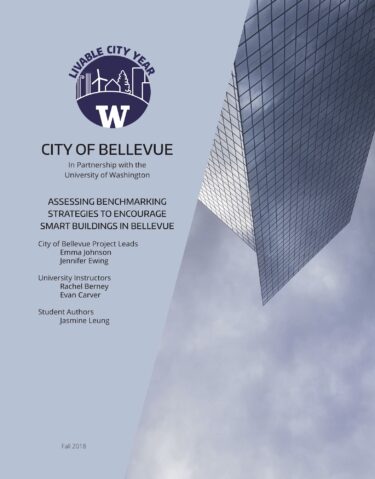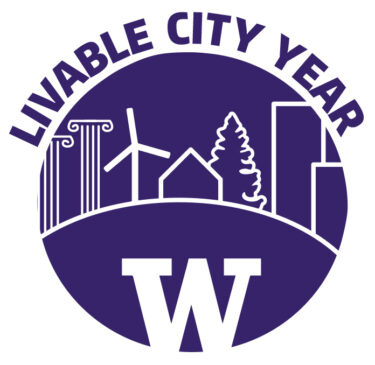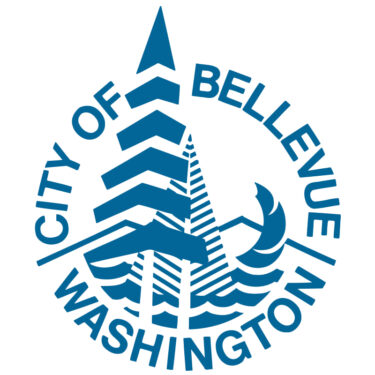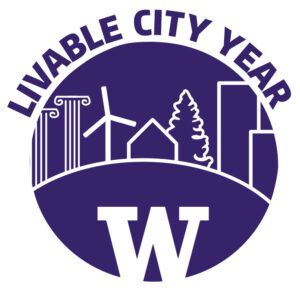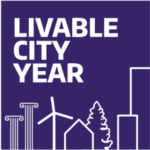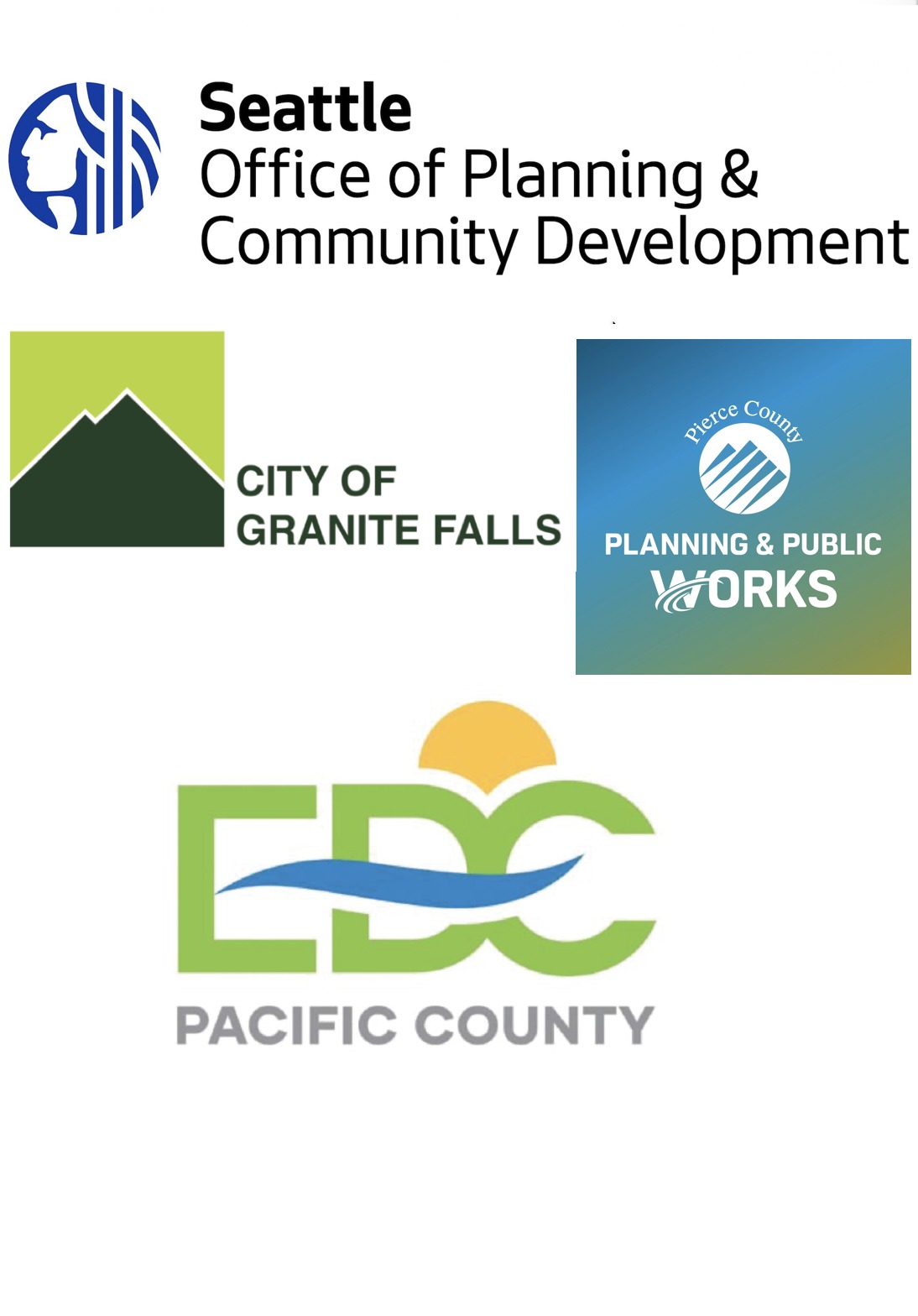Assessing Benchmarking Strategies to Encourage Smart Buildings in Bellevue
2018-2019 Livable City Year – Bellevue
City Project Leads: Emma Johnson, Finance and Asset Management; Jennifer Ewing, Community Development
UW Instructor: Rachel Berney and Evan Carver – Community, Environment and Planning
Course: CEP 460, Planning in Context
The Challenge
The City of Bellevue is interested in developing a voluntary building energy benchmarking program to encourage building stakeholders to adopt more energy efficient practices and investments.
Energy benchmarking is a practice that measures a building’s energy use over a specific time period. The data collected can help building stakeholders better understand their building’s energy performance and efficiency, and how this changes over time. This knowledge can then be used to identify opportunities to improve building performance and track energy savings when building performance improvements are applied. Energy savings can translate to financial savings and create long-term benefits for building stakeholders. Furthermore, considering that buildings are one of the most energy-intensive sectors, there is both a need and opportunity to reduce energy consumption in buildings and improve their performance.
The project team focused on Downtown Bellevue, due to its high density and therefore potential for large energy savings.
Our Findings
After researching multiple energy benchmarking programs in other US cities and interviewing several industry experts, we found that energy benchmarking programs tend to be established in dense, urban regions and cities. In addition, ENERGY STAR Portfolio Manager is the most widely-established platform used for energy benchmarking nationwide and its scoring system is the most commonly used and easiest to understand metric to communicate building energy use and performance data. However, there is also strong interest from stakeholders in personalized benchmarking information and recommendations.
The primary target demographic of building stakeholders includes building owners, property managers, and reality brokers. Despite building differences in size, usage type, and age, most building stakeholders generally respond well to benefits of energy savings, associated financial savings, and increased property value.
Our Recommendations
- Implement an energy benchmarking program in a multi-phase sequence and use ENERGY STAR Portfolio Manager as its program benchmarking platform.
- Provide access to workshops, training sessions, and webinars to support adoption of the platform and benchmarking process.
- Emphasize potential financial savings, increased building portfolio value, and reductions in market risk through improved energy efficiency. More direct financial incentives could include increased zoning, height, and floor area ratio allowances for buildings with strong energy performance.
- Provide stakeholders with comparisons of peer buildings’ energy performance and personalized performance data, along with success stories of buildings that have gained financial savings by improving energy performance.
- Build community within the program and among participating stakeholders.
- Keep communication simple, acknowledging improvements in building performance, and usemessaging focused on loss aversion and energy efficiency.
- Use summarizing scorecards and visualizations on kiosks and dashboards in downtown Bellevue buildings.
- Partner with Puget Sound Energy and other local and national organizations, businesses, and community groups.
Part of the 2018-2019 Livable City Year partnership between the University of Washington and the City of Bellevue.
See all Livable City Year projects in Bellevue that UW students and faculty worked on during the year-long partnership.


